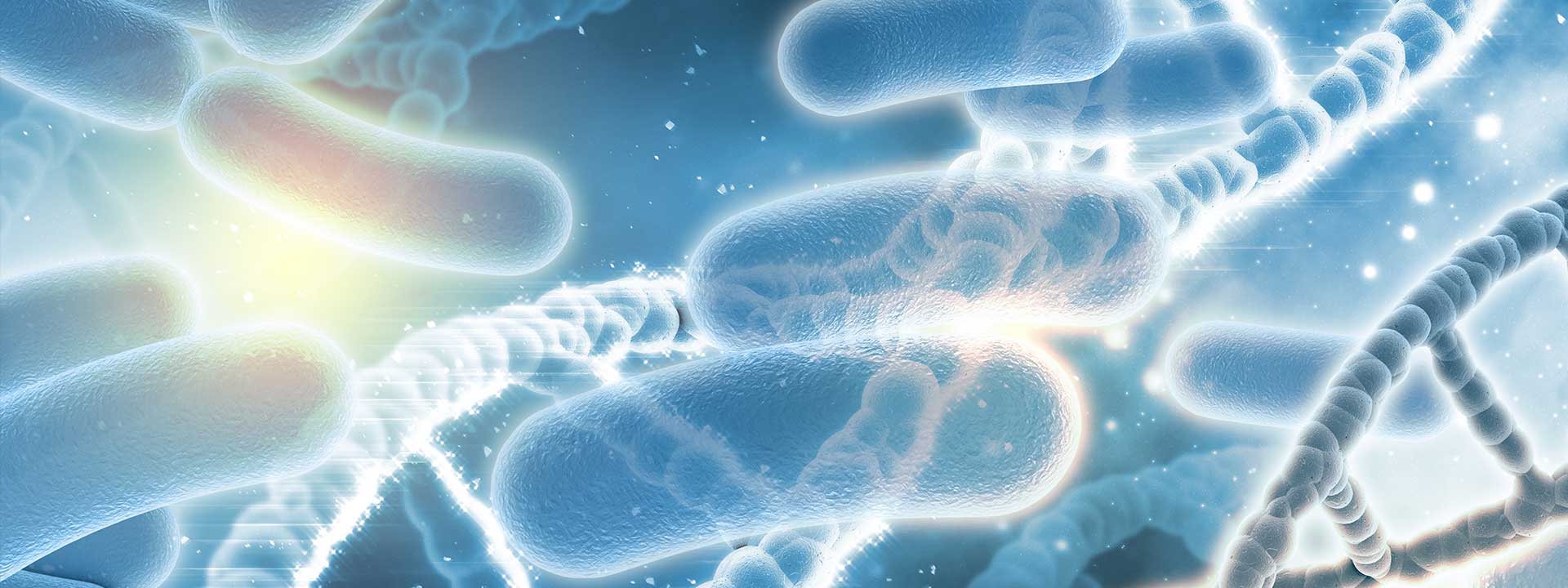Brief Explanation
The ecosystem, which consists of microorganisms such as bacteria, viruses, yeast, and protozoa that colonize (coexist) in the gastrointestinal tract (digestive system) in the human body and function like an organ, is called the "intestinal microbiota (microflora)". In the literature, there are many studies on the relationship of gut microbiota with human health. For example, the beneficial bacteria found in the intestines are also among the most important components of our microbiota. Improper nutrition style adversely affects the microbiota, which is the living microorganism community in the body, and causes an impaired, unhealthy microbiota (also known as dysbiosis), which paves the way for many chronic diseases. Studies show that the deterioration of intestinal health is a triggering factor for many diseases.






